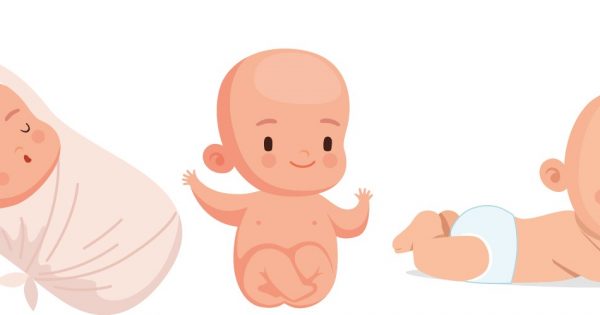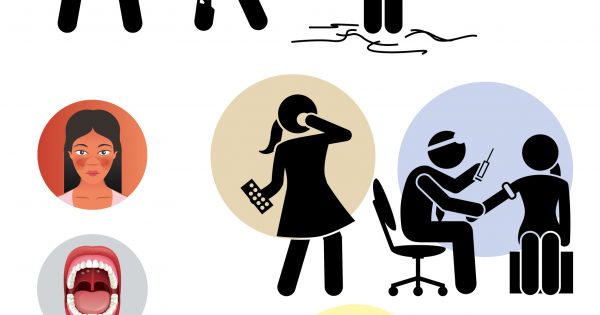Children need privacy because it allows time and space for them to start defining themselves, rather than be defined by others. This enables them to choose what is important to them, how they express themselves, how they manage their own things, and how they spend their own time. This helps foster a healthy sense of individuality in your children.
When it starts
The need for privacy typically starts when children realise that they are separate from other people. According to Harvard Psychologist Robert Kegan*, children are born unable to distinguish between their self and other people. Instead, their sense of self develops as they become aware of how other people are separate beings from themselves with different needs and view points.
Following Kegan’s theory, babies do not require privacy as they may not be able to recognise that other individuals exist. However, infants may also need a chance to rest from human interaction and stimulation. Some quiet time alone will help babies learn to entertain themselves, play with their fingers and toes, or practice their cooing to help soothe themselves when over-stimulated.
As toddlers and pre-schoolers grow, they start to realise that they are part of a circle of other people; they will start keeping secrets. This awareness only grows sharper when they start schooling and mixing around with other kids. Children at these ages need to have their own private space or area within their homes to call their own.
You will need to exercise your prerogative as a parent in assessing your child’s need for privacy based on their character and maturity level. Of course, there may need to be exceptions to your children’s privacy privileges in order to provide for their safety.
How you can begin
Giving your child privacy and control over his/her own private space can be as simple as providing them with their own private drawers that no one else is allowed to share or look into. This is especially useful if you have more than one child sharing the same space or bedroom.
Be sure to discuss and explain to your children that their privacy is not an unlimited pass for them to do whatever they want. Explain to them that the respect of privacy is a privilege that depends upon mutual trust. If that trust is broken, their privacy may no longer be honoured.
Apart from private physical space, your children also need private emotional space to develop and explore their own likes, interests, activities, and opinions about people and things. So long as norms are not violated, try to respect your children’s emotional space by not forcing them to comply with your own preferences. You can express interest in what they are doing or ask to see their art work or writing; but it is important that you respect their emotional space and step back if they do not want you to read their writing, or look at all their drawings. You must trust that your child will open up to you.
Invading their personal space without permission or a very good reason is equivalent to invading their sense of self. This will adversely affect the relationship, weakening the trust and respect you have built up with your children. Open communication about privacy and trust is vital, but it is also important for you to supervise or moderate your children’s privacy and discuss the limitations of their privacy with them.
*Robert Kegan is a developmental theorist whose work concerns the development of identity and social maturity. His social maturity theory was first described in his 1982 book, ‘The Evolving Self’.







Comments